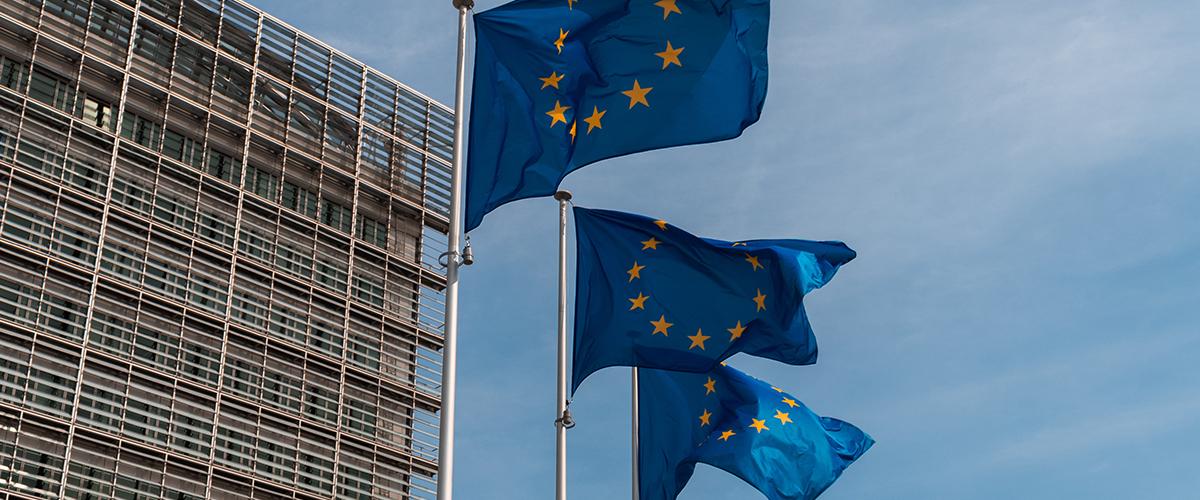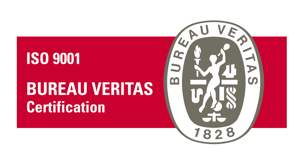Article

Can two patents be granted to the same applicant and for a same invention? New referral to the Enlarged Board of Appeal of the EPO
Recently the Board of Appeal (T318/14) has referred to the Enlarged Board of Appeal regarding the prohibition of double patenting.
The Board of Appeal was indeed seized with an appeal against a decision of the examining division by which a European patent application EP10718590.2, based on an international application WO-2010/130661, was refused under Article 97(2) EPC "in conjunction with Article 125 EPC".
The examining division found that claim 1 of this application was directed to a subject-matter which was identical to a subject-matter already claimed in a European patent EP09159932.4, whose priority was claimed by EP10718590.2.
Indeed, a practice before the EPO could have been so far, when a first filing was made at the EPO, to file within the priority deadline, a second EP application or a PCT extension entered into regional EP phase, claiming the priority of the first application, and to keep in force both first and second EP patents to be granted so as to get the benefit of 21 years of protection.
In this context of “internal” priority, this was held to be contrary to the principle of the prohibition on double patenting referred to in decisions G 1/05 and G 1/06.
If the prohibition of double patenting seems relatively clear for divisional applications regarding the mother application, it is far from being clear with regard to “internal” priority.
Indeed, in the context of divisional applications, the Enlarged Board of Appeal has accepted obiter dictum that the principle of the prohibition on double patenting is based on the notion that an applicant has no legitimate interest in proceedings leading to the grant of a second patent for the same subject-matter if he already possesses one granted patent for that subject-matter (please see G 1/05 – 13.4).
However, in the context of “internal” priority, that is, a European patent application claiming the priority of another European patent application, there is no uniform practice.
Some decisions (such as T2461/10) applying G 1/05 and G 1/06 to the context of “internal” priority prohibit double patenting.
However, G1/05 and G 1/06 based the prohibition of double patenting due to applicant’s lack of legitimate interest. Therefore, in the case of “internal” priority, other decisions considered that there is no ground to reject double patenting since the applicant has a legitimate interest (T1423/07). Indeed, the patentee can eventually add one year of protection to the 20 years of protection provided by article 63 EPC.
Moreover, depending on the decisions of the Board of Appeals, the legal basis for prohibiting double patenting vary between articles 60 EPC, 63 EPC and 125 EPC.
Therefore, there is no uniform practice of the Board of Appeal and even conflicting case law on the question of whether and to what extent double patenting is prohibited.
On the other hand, the Guidelines for Examination are clear (G-IV-5.4): “in the case in which there are two or more European applications from the same applicant designating the same state or states and the claims of those applications have the same filing or priority date and relate to the same invention, the applicant should be told that he must either amend one or more of the applications in such a manner that the subject-matter of the claims of the applications is not identical, or withdraw overlapping designations, or choose which one of those applications he wishes to proceed to grant. If he does not do so, once one of the applications is granted, the other(s) will be refused under Art. 97(2) in conjunction with Art. 125.”
However, few examiners check this situation in practice when a grant is contemplated.
The Board of Appeal has then referred to the Enlarged Board of Appeal the following questions:
1. Can a European patent application be refused under Article 97(2) EPC if it claims the same subject-matter as a European patent which was granted to the same applicant and does not form part of the state of the art pursuant to Article 54(2) and (3) EPC?
2.1 If the answer to the first question is yes, what are the conditions for such a refusal, and are different conditions to be applied depending on whether the European patent application under examination was filed
a) on the same date as, or
b) as a European divisional application (Article 76(1) EPC) in respect of, or
c) claiming the priority (Article 88 EPC) in respect of a European patent application on the basis of which a European patent was granted to the same applicant?
2.2 In particular, in the last of these cases, does an applicant have a legitimate interest in the grant of a patent on the (subsequent) European patent application in view of the fact that the filing date and not the priority date is the relevant date for calculating the term of the European patent under Article 63(1) EPC?
The position of the Enlarged Board of Appeal will undoubtedly reduce this legal uncertainty.



























